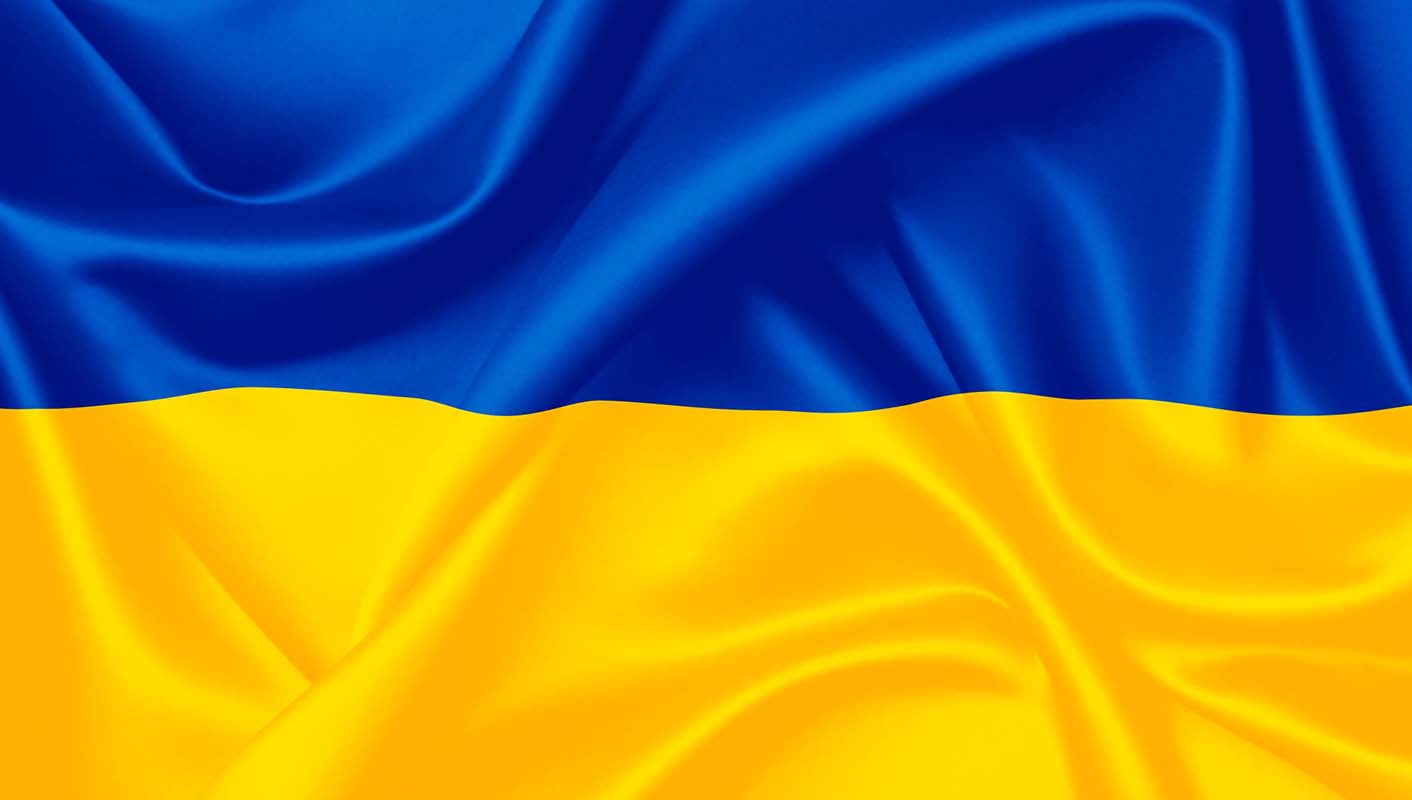
403
Sorry!!
Error! We're sorry, but the page you were
looking for doesn't exist.
EU implements new sanctions targeting Russian gas exports amid Ukraine conflict
(MENAFN) On Monday, European Union foreign ministers announced the agreement to enact a fresh round of sanctions against Russia in response to the ongoing conflict in Ukraine. These measures aim to address gaps in previous sanctions packages and mark the first time that Russian gas exports have been specifically targeted.
Since the outset of military operations in Ukraine in February 2022, Western powers have progressively intensified sanctions against Moscow, with European countries leading efforts to impose additional measures. The latest restrictions are designed to curtail Russia's revenue from liquefied natural gas (LNG) exports, particularly by prohibiting ship-to-ship transfers near EU ports and allowing Sweden and Finland to terminate certain LNG contracts.
However, the sanctions stop short of imposing a blanket ban on LNG imports to the EU, acknowledging the continued reliance on Russian gas, which has surged since the conflict began. The new sanctions, constituting the fourteenth package, will come into effect after a nine-month transitional period. In addition to targeting LNG projects under construction in Russia, the measures also prohibit new investments and services in this sector.
Despite these actions, experts in the gas market suggest that the impact may be limited, as Europe remains a significant importer of Russian gas. Moreover, only a fraction of Russian LNG exports transit through EU ports to Asia, comprising approximately 10% of total shipments.
An EU official revealed that the financial ramifications for Russia resulting from the sanctions are estimated to be in the millions, rather than billions, of euros. Notably, some Central European nations still receive gas through pipelines from Russia via Ukraine, although the EU banned Russian oil imports in 2022, albeit with certain exceptions.
The EU's latest sanctions underscore its ongoing efforts to exert pressure on Russia in response to the conflict in Ukraine. While targeting gas exports represents a new tactic, the effectiveness of these measures remains uncertain, particularly given Europe's continued reliance on Russian energy supplies.
Since the outset of military operations in Ukraine in February 2022, Western powers have progressively intensified sanctions against Moscow, with European countries leading efforts to impose additional measures. The latest restrictions are designed to curtail Russia's revenue from liquefied natural gas (LNG) exports, particularly by prohibiting ship-to-ship transfers near EU ports and allowing Sweden and Finland to terminate certain LNG contracts.
However, the sanctions stop short of imposing a blanket ban on LNG imports to the EU, acknowledging the continued reliance on Russian gas, which has surged since the conflict began. The new sanctions, constituting the fourteenth package, will come into effect after a nine-month transitional period. In addition to targeting LNG projects under construction in Russia, the measures also prohibit new investments and services in this sector.
Despite these actions, experts in the gas market suggest that the impact may be limited, as Europe remains a significant importer of Russian gas. Moreover, only a fraction of Russian LNG exports transit through EU ports to Asia, comprising approximately 10% of total shipments.
An EU official revealed that the financial ramifications for Russia resulting from the sanctions are estimated to be in the millions, rather than billions, of euros. Notably, some Central European nations still receive gas through pipelines from Russia via Ukraine, although the EU banned Russian oil imports in 2022, albeit with certain exceptions.
The EU's latest sanctions underscore its ongoing efforts to exert pressure on Russia in response to the conflict in Ukraine. While targeting gas exports represents a new tactic, the effectiveness of these measures remains uncertain, particularly given Europe's continued reliance on Russian energy supplies.

Legal Disclaimer:
MENAFN provides the information “as is” without warranty of any kind. We do not accept any responsibility or liability for the accuracy, content, images, videos, licenses, completeness, legality, or reliability of the information contained in this article. If you have any complaints or copyright issues related to this article, kindly contact the provider above.
Most popular stories
Market Research

- Manuka Honey Market Report 2024, Industry Growth, Size, Share, Top Compan...
- Modular Kitchen Market 2024, Industry Growth, Share, Size, Key Players An...
- Acrylamide Production Cost Analysis Report: A Comprehensive Assessment Of...
- Fish Sauce Market 2024, Industry Trends, Growth, Demand And Analysis Repo...
- Australia Foreign Exchange Market Size, Growth, Industry Demand And Forec...
- Cold Pressed Oil Market Trends 2024, Leading Companies Share, Size And Fo...
- Pasta Sauce Market 2024, Industry Growth, Share, Size, Key Players Analys...





















Comments
No comment